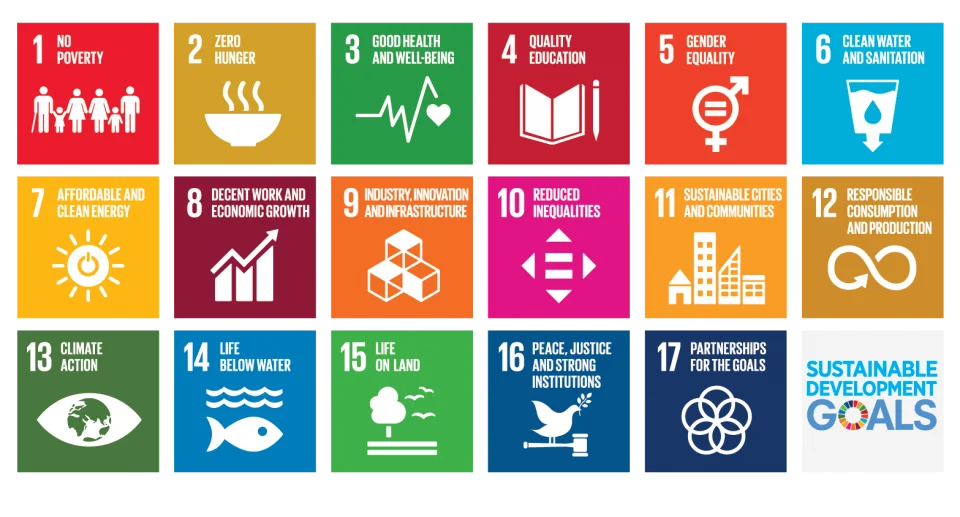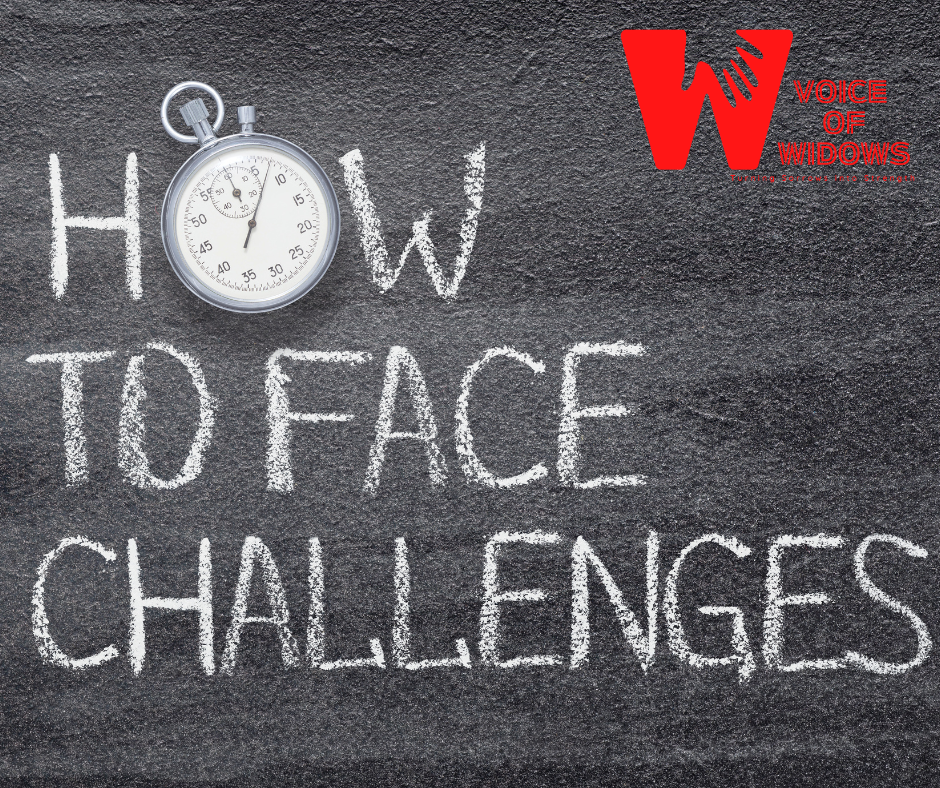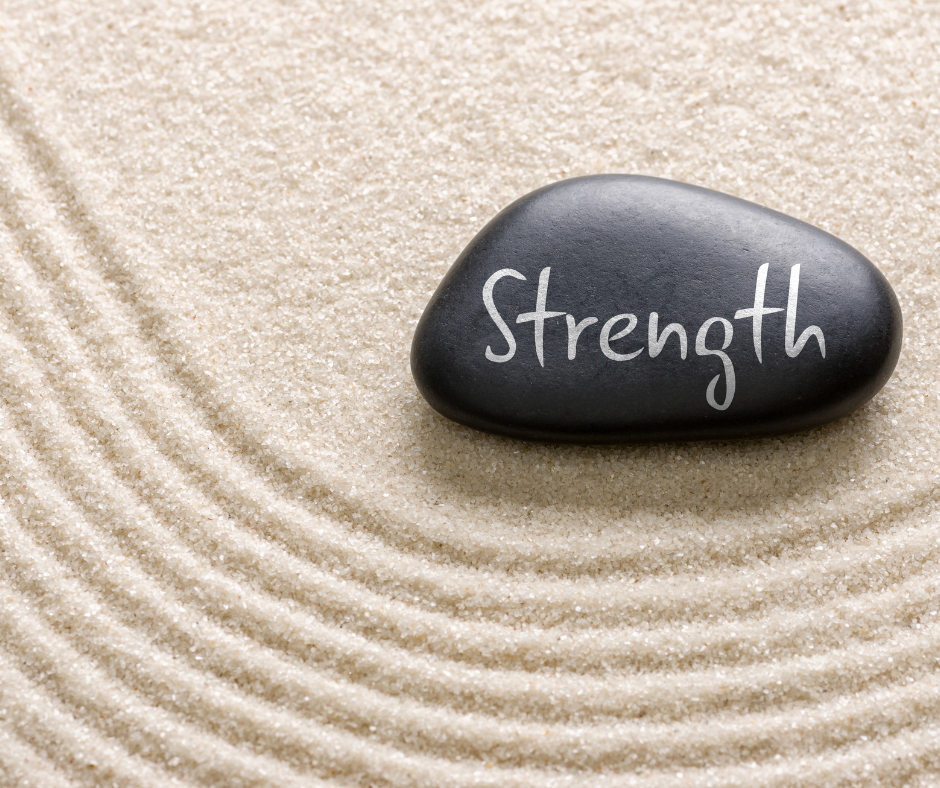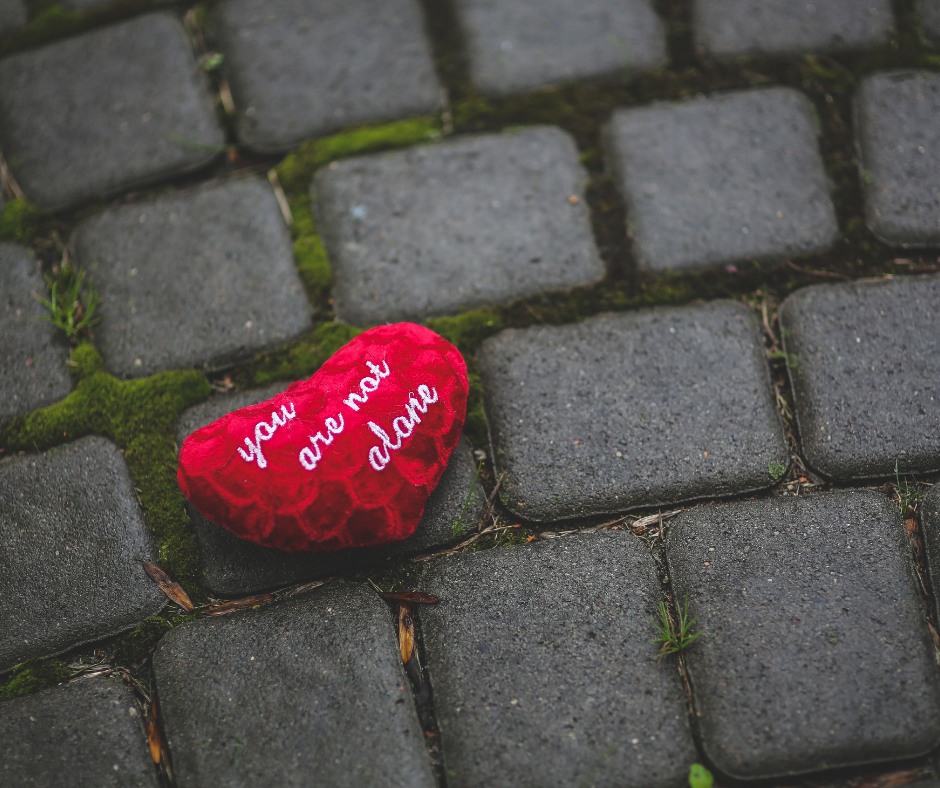In a world that constantly pushes us to achieve, compare, and compete, many silently struggle with emotional wounds that never truly heal. Emotional healing and self-acceptance are not luxuries—they are necessities for living a meaningful, peaceful, and fulfilled life. Yet, too many people delay this inner work, thinking time alone will mend what’s broken. The truth is, healing is a choice—one that requires courage, awareness, and compassion.
Understanding Emotional Healing
Emotional healing is the process of identifying, understanding, and transforming the pain that has shaped your thoughts, behaviors, and relationships. It’s not about forgetting or ignoring what hurt you—it’s about learning to hold that pain differently. Healing invites you to stop running from your emotions and instead listen to what they’re trying to tell you.
Every heartbreak, betrayal, and disappointment leaves an imprint. When unhealed, these emotional scars quietly dictate our choices, keeping us stuck in cycles of fear, guilt, and self-doubt. But when acknowledged, they become the foundation for strength, wisdom, and deeper empathy.
The Role of Self-Acceptance in Healing
You cannot truly heal if you do not accept yourself as you are—flaws, failures, and all. Self-acceptance means recognizing your worth without conditions. It means no longer waiting for someone else’s approval to feel enough. The most profound healing begins the moment you look at yourself in the mirror and say, “I am still deserving of love, even with my imperfections.”
We live in an era that glorifies perfection. Social media filters, external validation, and unrealistic standards have made many feel inadequate. But real power lies in authenticity. When you stop pretending and start embracing your truth, you create space for transformation. You begin to live, not perform.
Steps Toward Emotional Healing and Self-Acceptance
-
Acknowledge Your Pain: Healing starts with honesty. Allow yourself to feel. Avoiding emotions only buries them deeper.
-
Forgive Yourself and Others: Forgiveness isn’t about approval—it’s about liberation. Release the burden of resentment.
-
Practice Mindful Awareness: Be present with your emotions without judgment. Awareness transforms pain into purpose.
-
Seek Support: Healing is not a solo journey. Speak to a therapist, join a community, or confide in a trusted friend.
-
Rebuild with Compassion: Treat yourself like someone you love. Every small act of kindness toward yourself builds strength.
-
Let Go of Comparison: Your journey is uniquely yours. Measuring it against others only steals your peace.
-
Celebrate Growth: Every step forward—no matter how small—is progress. Acknowledge it, and keep moving.
Why You Must Begin Now
Time does not heal wounds—intention does. Every day you delay your healing, you carry old pain into new moments. Emotional baggage weighs down your joy, blocks your creativity, and limits your potential.
You deserve freedom. You deserve peace. You deserve to feel whole again.
Don’t wait for a crisis to begin your healing. The right time is now. Start today—write that journal entry, have that hard conversation, forgive that version of yourself, and take one small, conscious step toward peace. The world doesn’t need a perfect you—it needs the real, healed you.
Final Thoughts
Healing is not linear. There will be setbacks, and there will be moments of doubt. But each time you choose to keep going, you reclaim your power. Emotional healing and self-acceptance are not destinations—they are daily practices that lead to profound inner peace and strength.
Remember: You are not your past. You are not your mistakes. You are the author of your own rebirth.
Start your journey within today—because healing yourself is the most revolutionary act of love you can ever commit to.







